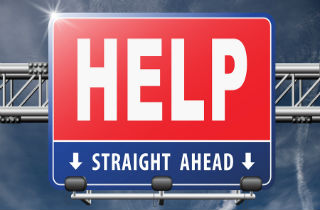Finding help dealing with addiction and depression
There are many sources of help for someone who deals with addiction, fear and/or depression. In fact, psychological principles of addiction treatment are practiced by psychologists, addictions counselors and specialists, as well as MD psychiatrists. Motivational interviewing practice, cognitive behavioral therapy and/or talk therapy may be just what you need to dealing with addiction and depression. Keep in mind here that coping with anxiety and self-help or depression do not need to be practiced alone. Here are a few suggestions on where a person can go to get help. Please ask your questions about addiction and depression at the end. We do our best to respond to each question personally and promptly.
1.Seek help from a mental health professional
Talk to a qualified mental health psychologist or counselor who can help you manage depression. They will be able to provide you with additional advice and insights on how to deal with your current problem. If necessary, seek help from a psychiatrist or from a behavioral mood specialist.
2. Go to your local hospital
Your local hospital can give you immediate assistance for acute depression problems, especially in emergency cases when you are conteplating hurting yourself or others. They are also a good source of referrals and know of other professionals in your area that can help you.
3. Join a support group
There are all kinds of local support groups that can help you with your issues surrounding depression and addiction. Local places of religious worship and local hospitals can be a good source of information.
4. Network with trusted friends
Ask people you know and trust to see if they can lead you in the right direction in terms of finding addiction and depression help. Make sure you talk to people you trust because you don’t want them to tell other people about your problems.
5. Call your local government
Your state and county governments offer many kinds of assistance programs for mental health issues. Your local government phone numbers should be in the phone book and on the internet. Look also for depression or mental health hotline numbers. In addition, using the internet and doing an internet search of support groups in your area can be of help.
No situation is hopeless. Your loved ones, friends, relatives, God, mental health counselors, priests, ministers, etc. are all good sources of help for depression and addiction issues. They are all willing to help you and they can make a difference, but you must be willing to take advantage of this help. Regardless of your situation, take advantage of the help that is around you.
Remember: Every problem has a solution. You just have to find it.









Related Posts